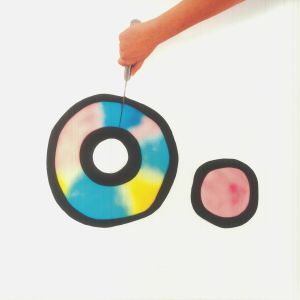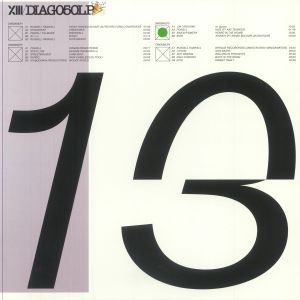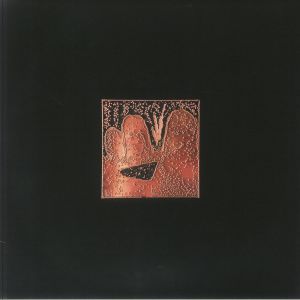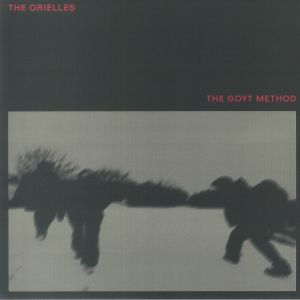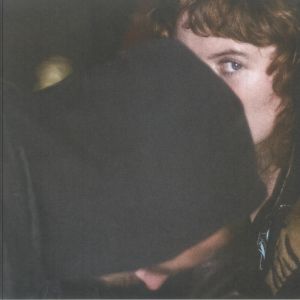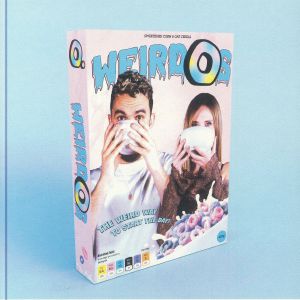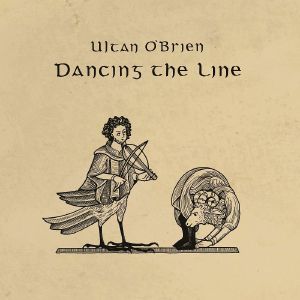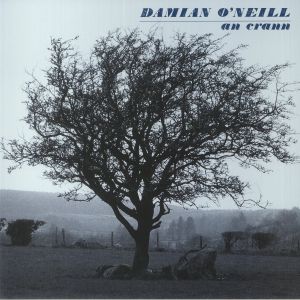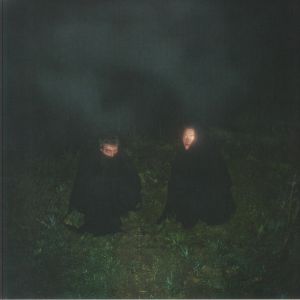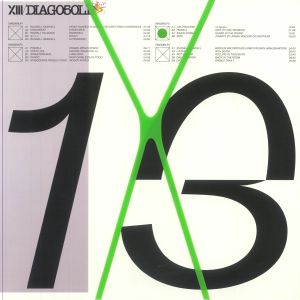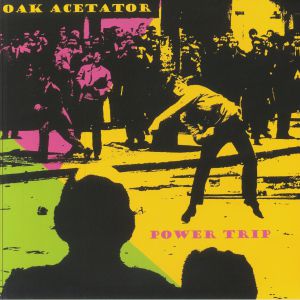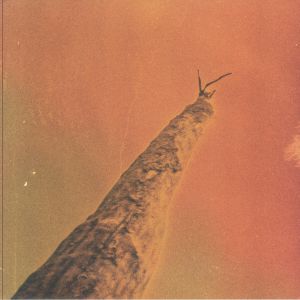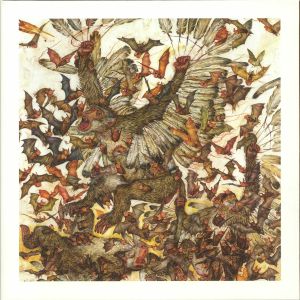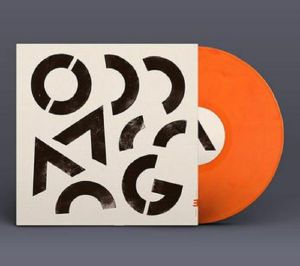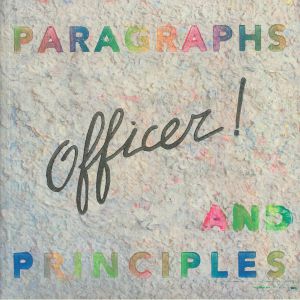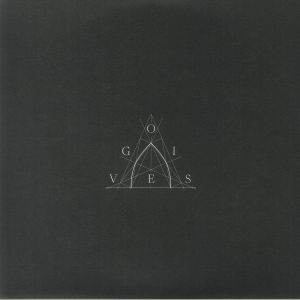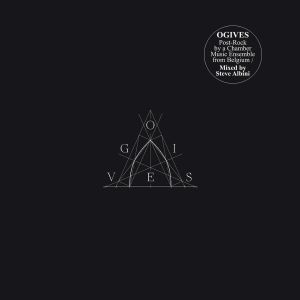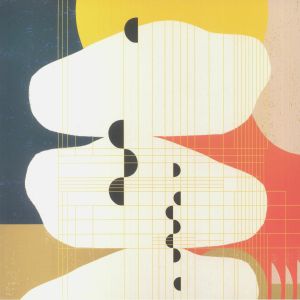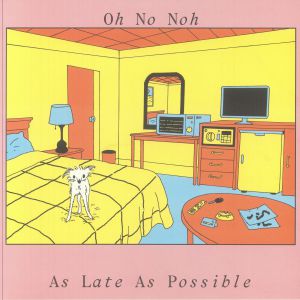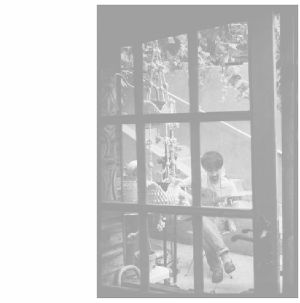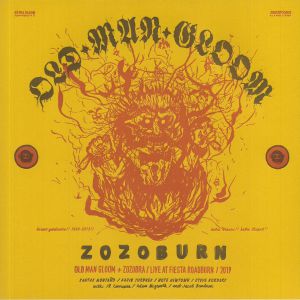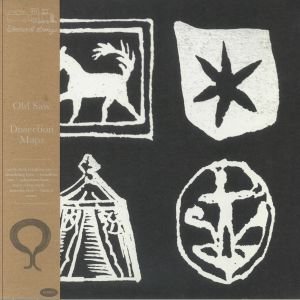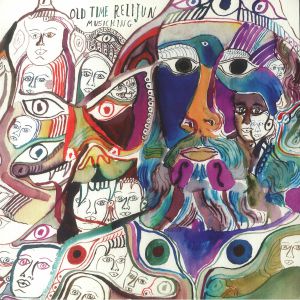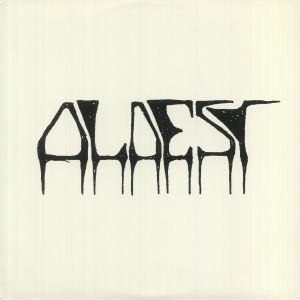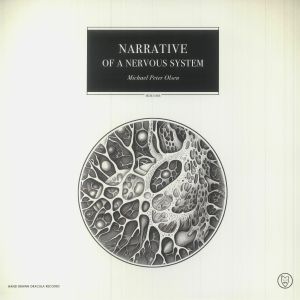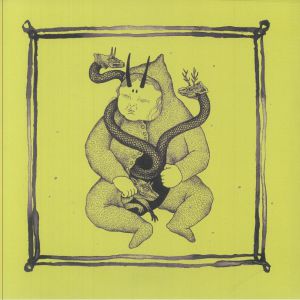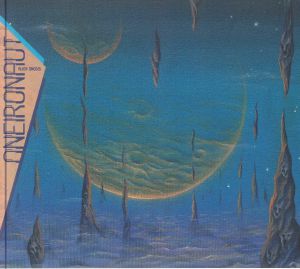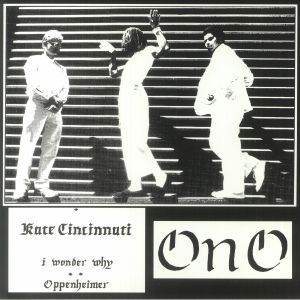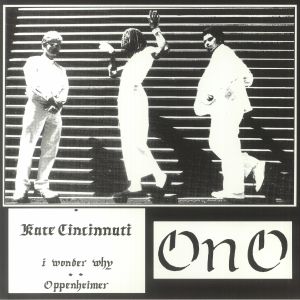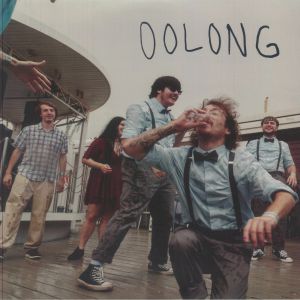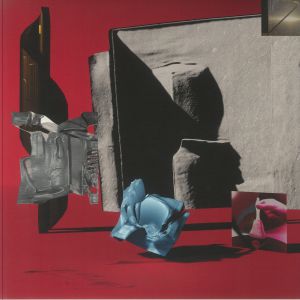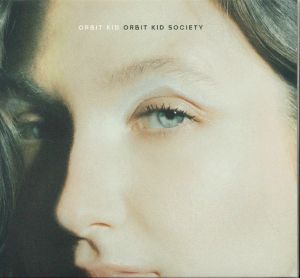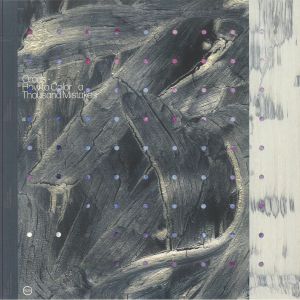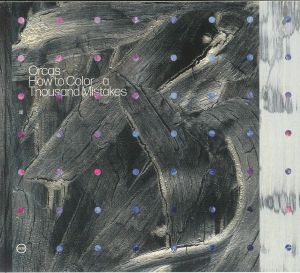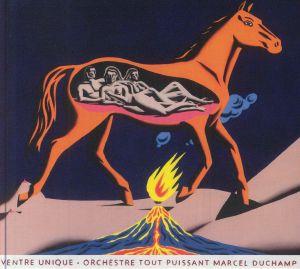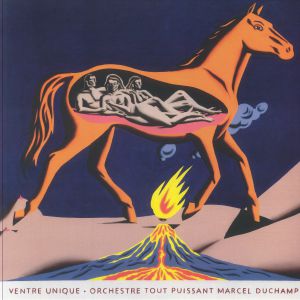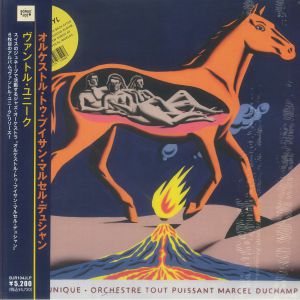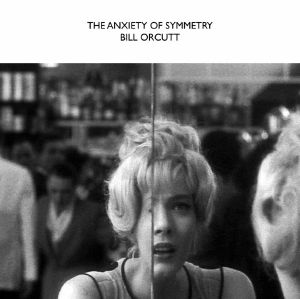Back catalogue: Post Rock/Experimental
Juno's full catalogue of Post Rock/Experimental
Singles
in stock $14.65
Birthday Song (gold vinyl 7" limited to 250 copies)
Cat: JOEY 002. Rel: 22 May 25
in stock $13.51
in stock $27.34
Gebel Barkal (reissue) (limited translucent green vinyl 7")
Cat: DC 863. Rel: 04 May 23
Review: Few conversations or analyses surrounding doom metal can begin without mentioning the integral Sleep and their genre-defining opus Dopesmoker. That same analytical discussion cannot be rounded up without OM coming into the fray, as the duo of bassist Al Cisneros and drummer Chris Haikus originally worked together as Sleep's rhythm section. The hypnotic 'Gebel Barkal' single would serve as the final recording from the pair following the 2007 full-length Pilgrimage, before 2009's God Is Good would welcome the arrival of current drummer Emil Amos and signal the group's continued expansion into an eventual three-piece.
… Read more in stock $16.07
in stock $21.14
in stock $11.62
in stock $16.89
Albums
in stock $19.72
in stock $12.12
O Mandroid ("purple silk" vinyl LP + MP3 download code limited to 300 copies)
Cat: REPOSELP 124. Rel: 29 Nov 23
in stock $27.62
in stock $14.65
The Cool Cloud Of Okayness (LP + insert + MP3 download code)
Cat: ORD 74. Rel: 23 Apr 24
Review: Tara Jane O'Neil's latest album, The Cool Cloud of Okayness, is a poignant reflection on transformation amidst adversity. Recorded in the aftermath of the devastating Thomas Fire, the album embodies resilience and renewal. O'Neil's ethereal vocals and spectral guitar work are complemented by a talented ensemble, including drummer Sheridan Riley and multi-instrumentalist Walt McClements. Together, they craft a sonic landscape that blurs boundaries between genres, challenging easy categorization. The album's themes of grief and hope are palpable, underscored by deft production and rock-solid bass lines. Each track feels like a journey, offering both solace and introspection. The Cool Cloud of Okayness is a powerful album of music used to heal and inspire, reminding listeners that even in the darkest moments, there is light and possibility.
… Read more in stock $27.34
in stock $27.90
in stock $31.00
in stock $28.46
Review: Daniel O Sullivan, known as a producer for the likes of Tim Burgess and for his astounding art pop band Grumbling Fur, makes his first foray into classically informed chamber music. With some sort of superhuman genius mind, the unassuming Mancunian wrote these arrangements for a 14-piece ensemble and nailed it. 'Golden Verses' is stately, pastoral, yet menacing. Another highlight, 'Painting Rose' is some of the most psychedelic classical music you'll ever hear. So, if you're looking for chamber music that spans eras, genres and takes you on a transcendent journey, then look no further.
… Read more in stock $29.87
in stock $20.00
Sihr (LP)
Cat: SR 568V. Rel: 11 Jul 24
in stock $21.98
in stock $34.67
in stock $26.48
Your Guide To Revolution (180 gram vinyl LP + insert + MP3 download code)
Cat: LPUI 009. Rel: 25 Jul 24
Played by: Juno Recommends Experimental
in stock $25.08
Paragraphs & Principles (hand-numbered 2xLP (side 4 hand-stamped) + booklet + MP3 download code in hand-stamped sleeve limited to 300 copies)
Cat: JELO 21. Rel: 22 Mar 22
in stock $31.00
Mighty Pumpkin (reprise)
in stock $27.62
in stock $14.93
in stock $22.26
Played by: Juno Recommends Downtempo
in stock $22.53
The Near End The Dark Night The County Line (silver vinyl LP + insert)
Cat: DRFT 15. Rel: 31 Mar 25
in stock $36.36
Zozoburn: Old Man Gloom & Zozobra Live At Fiesta Roadburn 2019 (limited 2xLP in embossed sleeve)
Cat: SIGE 098. Rel: 21 Jun 21
in stock $30.15
in stock $20.57
in stock $18.88
in stock $26.21
Narrative Of A Nervous System (gatefold "blood slide" 180 gram vinyl LP)
Cat: LPHDD 108C. Rel: 02 Nov 23
in stock $35.51
in stock $26.77
in stock $23.66
Kate Cincinnati (gatefold coloured vinyl LP + MP3 download code (indie exclusive))
Cat: LPADR 33IE. Rel: 15 Dec 22
in stock $29.30
Kate Cincinnati (reissue) (gatefold LP + MP3 download code)
Cat: LPADR 33. Rel: 30 Mar 23
in stock $31.29
in stock $42.82
in stock $24.52
in stock $26.21
Strength! (gatefold green vinyl 2xLP + booklet)
Cat: SVART 484LPB1. Rel: 12 Sep 24
Review: Led by the incomparable Sami Albert "Witchfinder" Hynninen (Reverend Bizarre, The Puritan, The Candles Burning Blue), Opium Warlords are the lo-fi, sultry, genre-less playground where all of the sonic auteurs most insightful and bizarre predilections come to life. Described as an audible melting pot of "pussy techno, sludge, industrial pop, hardcore punk, drone, shamanistic pulse, noise, heavy metal, old school gothic rock and march music", Strength is the sixth full-length from the mysterious project which essentially guarantees from the outset that you're entering into an utter mess of ideas, yet reliably reigned into one cohesive vision. While compared to the oppressive gloom of 2020's Nembutal, the material here benefits from brighter synths and glossier production yet underpinned with a macabre and alienating dissection of Machiavellian and Nietzschean philosophies of strength and elitism. That's when the lyrics aren't directly pulled from the back of shampoo bottles. Confused? Good, that's the only requirement for entry
… Read more in stock $28.74
in stock $29.03
Orange Hell (limited translucent orange vinyl LP)
Cat: FP 056. Rel: 26 Jun 24
in stock $35.51
in stock $14.38
How To Color A Thousand Mistakes (LP + MP3 download code in custom die-cut sleeve)
Cat: MORR 188LP. Rel: 15 Jul 24
in stock $38.89
in stock $19.72
Ventre Unique (CD)
Cat: BJRCD 104. Rel: 31 Oct 24
in stock $18.31
Ventre Unique (LP + insert)
Cat: BJR 104. Rel: 31 Oct 24
in stock $27.04
Ventre Unique (LP with obi-strip)
Cat: BJR 104JLP. Rel: 05 Dec 24
in stock $55.79
Review: Bill Orcutt's approach to the guitar feels less like playing and more like detonating: a flurry of stabbing phrases, mangled blues motifs and broken time signatures that teeter constantly on the edge of collapse. It's a sound he's refined over decades, from his early days in Miami's punk and noise scenes to his present-day experiments in live-coded digital abstraction. This new album, which features two versions of 'Anxiety of Symmetry', finds him at his most feral and funny in years i a twisted tribute to the clunky MIDI guitar presets of the 90s, rendered via his cracked-software experiments with two fifteen-minute compositions built from a single concept: six sung numbers, each mapped precisely to pitches in a major scale. These micro-phrases ('1-2', '1-2-3', and so on) repeat and multiply, creating swirling polymetric harmonies that flicker between gentle hypnosis and algorithmic overload. Female voices loop in cycles of uneven length, forming structures reminiscent of Glass's Einstein on the Beach, but without its theatricalityithis is music of obsession, not spectacle. The emotional register is unusually soft for Orcutt, but behind the surface calm lies a meticulous compulsion. In an essay of the same name, he aligns this method with "Just Right" OCD, proposing a feedback loop between mental fixation and machine logic. What emerges isn't ambient in any passive sense, but a kind of orderly unravelingicomposition as therapeutic ritual, echoing the recursive spirals of Hanne Darboven or the trance-state potential of counting itself.
… Read more in stock $28.46

 USD
USD





